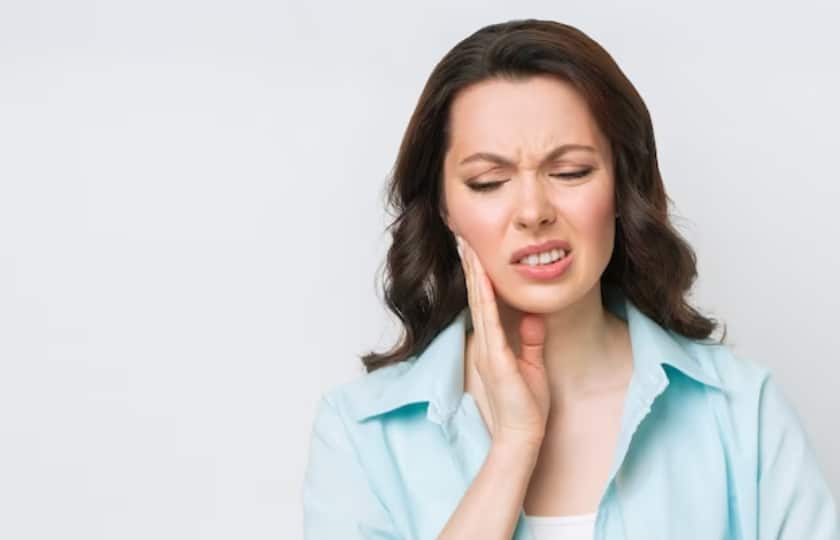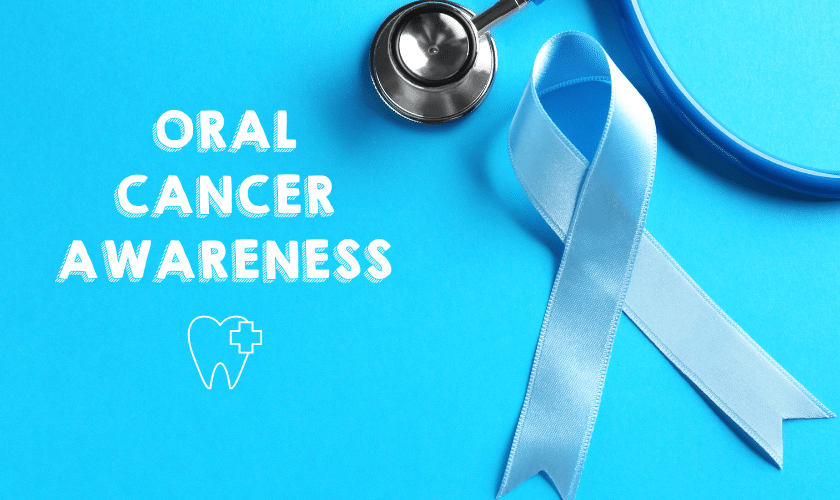
Foods To Avoid With TMJ Disorder: A Comprehensive Guide
Are you tired of experiencing pain and discomfort in your jaw every time you eat? If so, it’s possible that you have Temporomandibular Joint (TMJ) disorder. This condition affects the joints and muscles responsible for moving your jaw, causing stiffness, pain, and limited mobility. While there are many treatment options available to help manage TMJ symptoms, one crucial aspect is avoiding certain foods that can exacerbate the problem. In this comprehensive guide, we’ll explore some common culprits that people with TMJ should avoid to alleviate their discomfort and improve their quality of life.
What is TMJ Disorder?
TMJ disorder is a condition that affects the temporomandibular joint. This joint is located in front of the ear and connects the lower jaw to the skull. The disorder can cause pain and dysfunction in this joint, as well as in the muscles that control jaw movement. TMJ disorder has many potential causes, including teeth grinding, arthritis, and stress. Treatment for TMJ disorder may include lifestyle changes, such as avoiding hard or chewy foods and using moist heat or ice to reduce pain and inflammation. In some cases, surgery may be necessary to correct the underlying problem.
Symptoms of TMJ Disorder
TMJ disorder is a condition that results in pain and dysfunction of the temporomandibular joint, which is the joint that connects the lower jaw to the skull. The symptoms of TMJ disorder can vary from person to person, but often include pain or tenderness in the jaw, face, or neck; difficulty chewing or swallowing; clicking, popping, or grinding sounds when moving the jaw; and locking of the jaw.
There are many possible causes of TMJ disorder, including teeth grinding (bruxism), arthritis, stress, and injury to the jaws. While there is no one definitive cause, there are certain risk factors that may increase your chances of developing TMJ disorder. These include genetics, gender (women are more likely than men to develop TMJ disorder), and age (the risk increases with age).
There are several treatments available for TMJ disorder, depending on the severity of your symptoms. Often, simple lifestyle changes such as eating softer foods and avoiding chewy or crunchy foods can help relieve symptoms. If these changes do not provide relief, your doctor may recommend other treatments such as physical therapy, acupuncture, or surgery.
Foods to Avoid with TMJ Disorder
If you suffer from TMJ disorder, you may be wondering what foods you should avoid. While there is no definitive list of foods to avoid with TMJ disorder, there are some general guidelines you can follow.
In general, you should avoid hard or chewy foods. Foods that require a lot of chewing can put extra strain on your jaw and make your symptoms worse. You should also avoid crunchy foods, as they can also be difficult to chew and may aggravate your symptoms.
You should also avoid sticky or gummy foods, as they can stick to your teeth and pull on your jaw. Lastly, you should avoid caffeine, as it can increase muscle tension and make your symptoms worse.
Chewing Habits to Avoid
In addition to avoiding hard and chewy foods, there are certain chewing habits that can exacerbate TMJ disorder and should be avoided. These include:
-Chewing gum: Chewing gum puts unnecessary stress on the temporomandibular joints and can lead to pain and discomfort.
-Chewing on ice: This habit can damage the teeth and put undue strain on the jaw muscles and joints, leading to pain.
-Biting your nails: Biting your nails puts unnecessary pressure on the teeth and jaw and can aggravate TMJ symptoms.
-Eating hard candy: Eating hard candy can damage the teeth and put undue strain on the jaw muscles and joints, leading to pain.
Stress Management Tips for Those with TMJ Disorder
If you have TMJ disorder, managing stress is an important part of maintaining your overall health and preventing the condition from worsening. While there is no one-size-fits-all approach to stress management, there are some tips that may be particularly helpful for those with TMJ disorder.
First, it is important to identify the sources of stress in your life and find ways to minimize or eliminate them. If work is a major source of stress, for example, try to take on a lighter workload or delegate some of your responsibilities. If caring for young children is stressful, see if you can get help from family members or friends.
In addition to reducing the sources of stress in your life, it is also important to find healthy coping mechanisms for dealing with stress. Some people find that exercise helps them reduce stress, while others find that relaxation techniques such as yoga or meditation are helpful. Everyone is different, so experiment until you find what works best for you.
Finally, remember that it is okay to ask for help when you are feeling overwhelmed by stress. Talk to your doctor about your symptoms and see if they can refer you to a counselor or therapist who can help you manage your stress in a healthy way.
Natural Remedies for Relief from TMJ Pain
Acupuncture is a popular treatment for various types of pain, including TMJ pain. Studies have shown that acupuncture can be an effective treatment for TMJ, with some patients reporting significant improvements in pain and function after just a few sessions.
Another option is massage therapy. Massaging the muscles around the jaw can help to relieve tension and pain. There are also specific massages that can be performed on the inside of the mouth (buccal massage) which may help to stretch and relax tight muscles.
If you suffer from teeth grinding (bruxism), there are some simple steps you can take at home to help relieve your symptoms. Avoiding foods that are hard to chew, such as crunchy fruits and vegetables or tough meats, can help to reduce stress on the jaw joint. Chewing gum can also aggravate symptoms, so it’s best to avoid this if you have TMJ disorder.
Conclusion
TMJ Disorder can be incredibly uncomfortable and painful, so it is important to know what foods to avoid in order to minimize the pain. By following our comprehensive guide on which foods to avoid with TMJ Disorder, you will be able to reduce the symptoms associated with this condition. As always, remember that if your discomfort persists or worsens after making dietary changes, consult a doctor or dentist as soon as possible.
FAQs
1. What are some common symptoms of TMJ disorder?
The most common symptom of TMJ disorder is pain in the jaw, face, or neck. Other symptoms can include clicking or popping sounds when you move your jaw, limited movement of the jaw, and problems with chewing or biting.
2. What are some of the most common causes of TMJ disorder?
The most common causes of TMJ disorder are teeth grinding (bruxism), arthritis, stress, and injury to the jaw.
3. How is TMJ disorder diagnosed?
TMJ disorder is diagnosed through a physical examination and a review of your medical history. Your doctor will ask you about your symptoms and look for signs of TMJ disorder. He or she may also order X-rays or other imaging tests to rule out other conditions.





